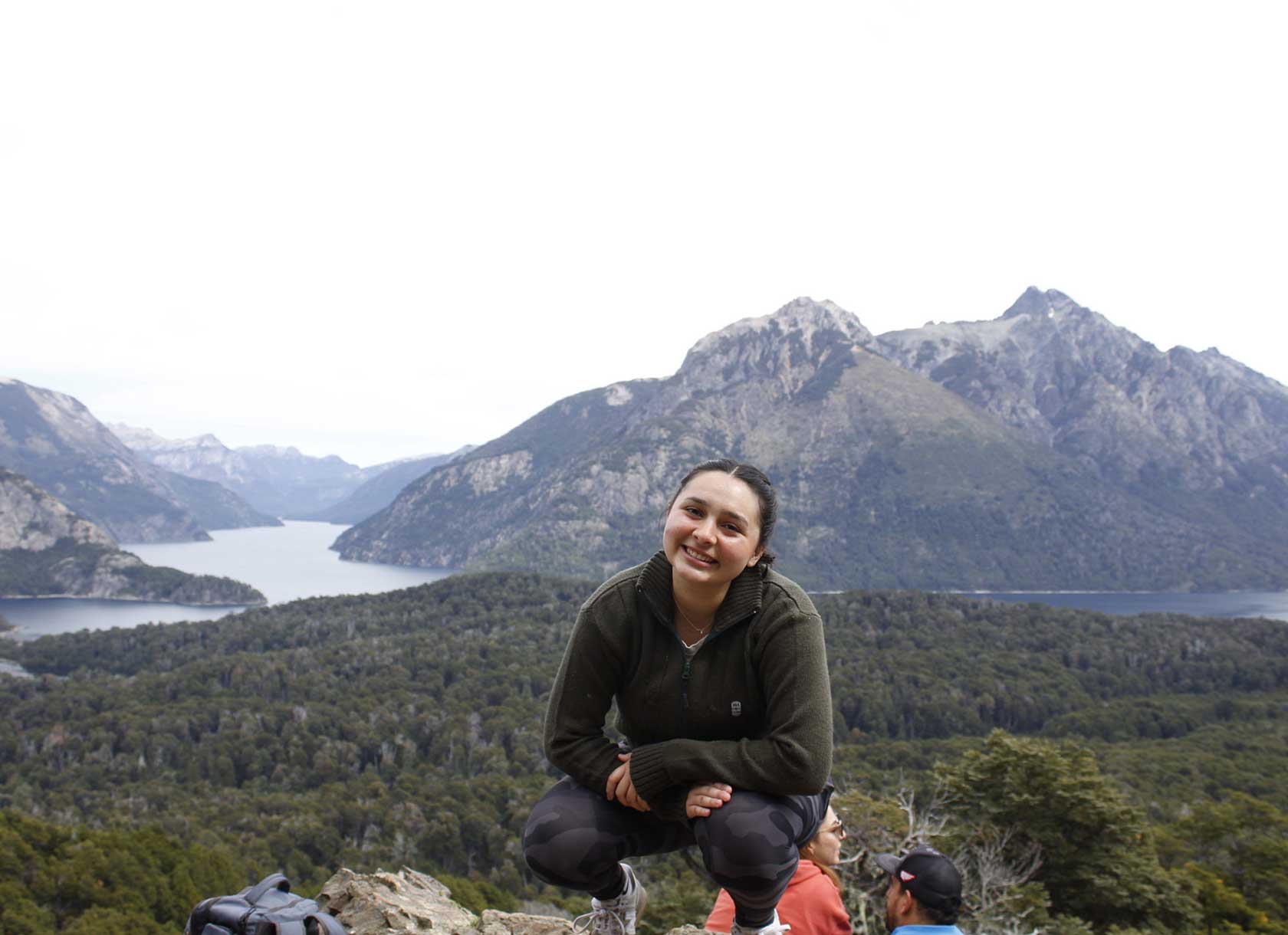
As fully-enrolled Scripps College students, SAGE participants continue to pay the same Scripps semester comprehensive fee for tuition and housing and food as every other semester on campus, regardless of the program chosen.
The College’s comprehensive fees cover the following expenses while participating in a semester away program:
- tuition;
- housing and food while classes are in session;
- contribution toward round-trip airfare based on travel between the US and the program site, for the dates of the program;
- a basic emergency medical and accident insurance policy while abroad, and
- support for administering SAGE programs at the College.
Financial Aid Available for SAGE Programs
When approved for participation by the Committee on Study Abroad, students remain eligible for institutional, federal, and state financial aid, including grants, scholarships, and loans with one exception: work study is only possible while in the United States. Students are advised to consult with the Financial Aid Staff about options for replacing work study funds.
Students are encouraged to seek additional sources of funding through external scholarships and grants that are available for study abroad. Any scholarship or grant received will be credited toward the Scripps comprehensive fees and will reduce the family contribution for that semester.
Personal Expenses
Just as when on campus, students are responsible for personal expenditures for books, toiletries, phone charges, entertainment, snacks etc. while on off-campus study. There are a few additional expenses for studying away for which students should plan in their budget, including:
- the cost of a passport, (not required for US-based programs);
- a student or visitor visa/resident permit, if required by the host country – enter your study location and check the “Entry, Exit, and Visa Requirements” section for details and note that tourist status will not allow a student to remain long enough to complete a semester program;
- refundable housing or damage deposits, if required by the program, must be paid prior to departure but will be returned after completing the program, once all property (library books, keys, furnishing in a dorm or apartment, etc.) is returned in good condition;
- immunizations, (varies depending on location, but primarily necessary in less developed destinations);
- local transportation (primarily in large urban centers, students may need a monthly pass for the metro, tube, bus, etc.); and
- optional travel, souvenirs, etc.

